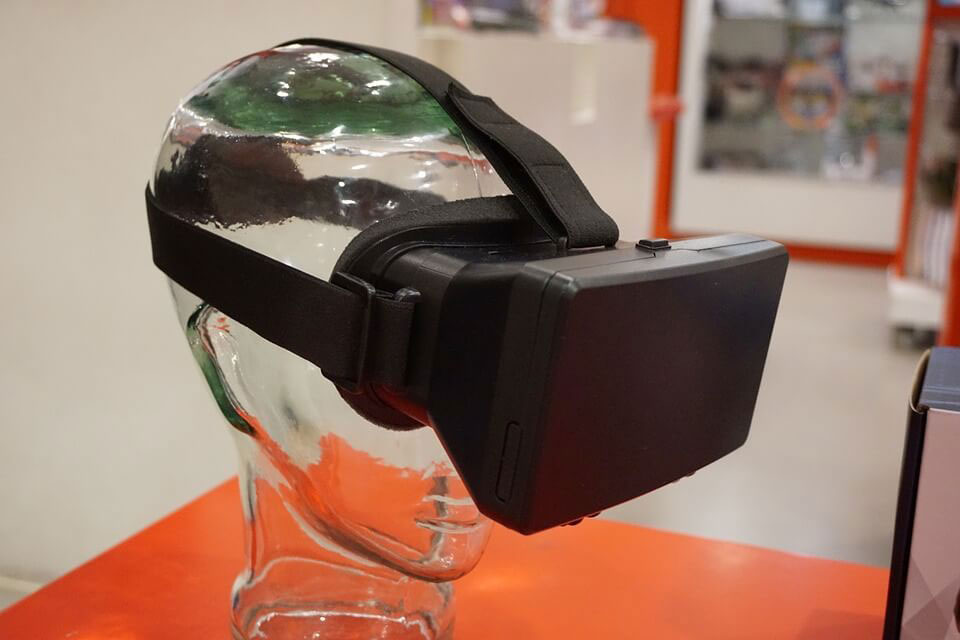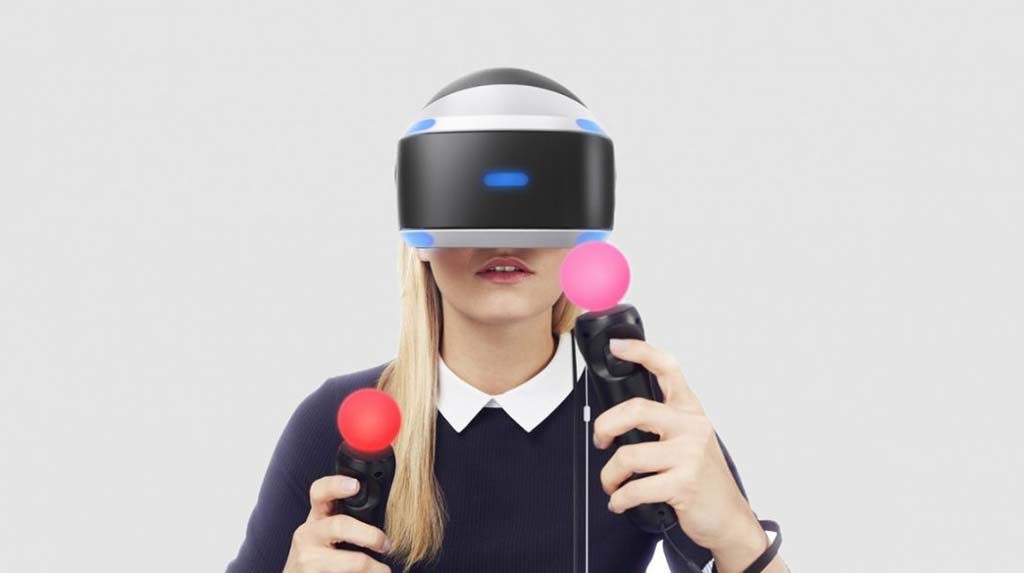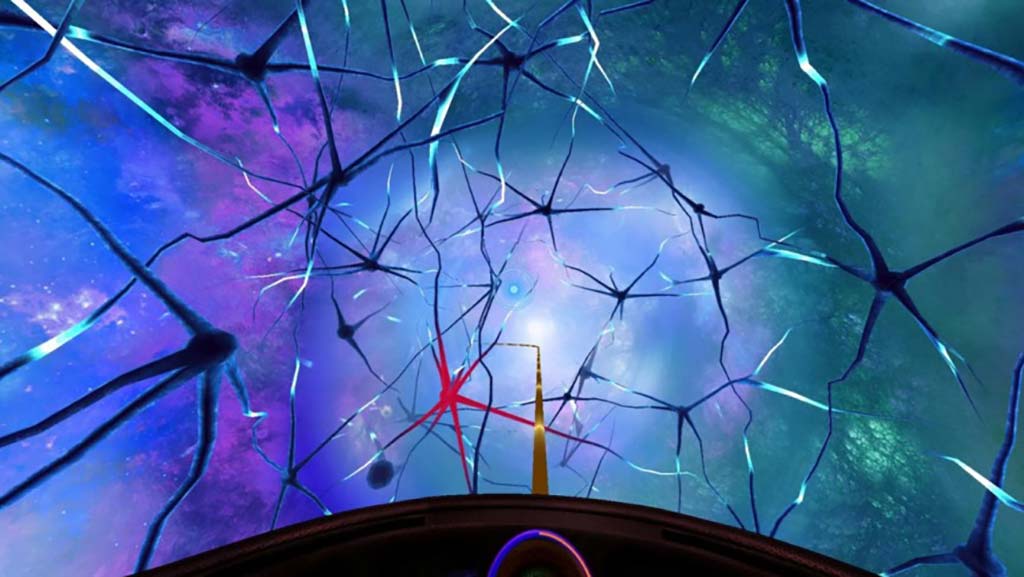
It’s quite worrying to see articles claiming, “Virtual Reality (VR) is dead.” Virtual reality development technology has been around for so long, that it has evolved considerably from its early days, however, that hasn’t stopped some sites from claiming that VR gaming is dead.
Sure, the VR TV may not have been as successful as the CRT TVs during the 90s but VR TV is completely different from VR gaming. 3D TV is not as immersive as 3D gaming, which means that the former cannot ever utilize the full potential of 3D.
LG and Sony were the last two companies that backed the 3D TV standard, and both have dropped all support for the format on all of their products. Of course, any 3D content that people own can still be played back on any TV that supports it. However, we will probably not see any new 3D TV lines anytime soon.
Console VR

However, 3D gaming is a completely different animal. VR games may have made slow progress in 2016 but that is due to the lack of games available on the market at the minute. The hype for 3D gaming hasn’t died.
When triple-A titles were released for VR, things changed quickly. Resident Evil 7 for the PlayStation 4 contributed greatly to this shift. While Capcom, who developed Resident Evil, didn’t reach its expected sales of 4 million copies by the end of March 2017, it was still able to ship 3.5 million units. By the time that the fiscal year had ended for Capcom, Resident Evil 7 had only been available on the shelves for two months. While it may have come up short by 500,000 units, experts foresee its growth in the long run, especially when Capcom starts releasing DLCs for the game.
PlayStation VR sales are estimated to reach $2.6 million by the end of 2017.
Mobile VR

Apart from traditional consoles, mobile VR is becoming a huge hit among gamers. Mobile VR is different from augmented reality where Pokémon Go failed massively. Pokémon Go failed due to numerous reasons, one of which is because the developer failed to constantly give new updates to players. In addition, having to walk several kilometers just to find a rare Pokémon is something that not a lot of gamers want to do in the long run. Virtual reality development is different because instead of using actual surroundings that require legwork, the technology completely transports gamers into a different world with minimal effort.
Tech giants such as Samsung are already making huge changes to their products. Apple’s number one competitor seems to be improving their mobile phones to be VR compliant, and this is evident with the colossal improvements of the company’s flagship Galaxy S8 and S8+. As detailed by O2, both mobile phones come with features that complement VR gaming like the infinity display, an impressive 64-bit octa-core processor, and 32-bit/384kHz audio with noise canceling. These upgrades promise to deliver high-quality feeds to the phones’ screens and produce digitally enhanced sounds for a more immersive VR experience.
Virtual reality development may have started slowly but it’s certainly not dead. The sales figures don’t lie, and the direction that mobile companies are taking indicates that VR gaming is very much alive. VR simply needs more games that people can play on their respective platforms to stay competitive within the gaming community.




